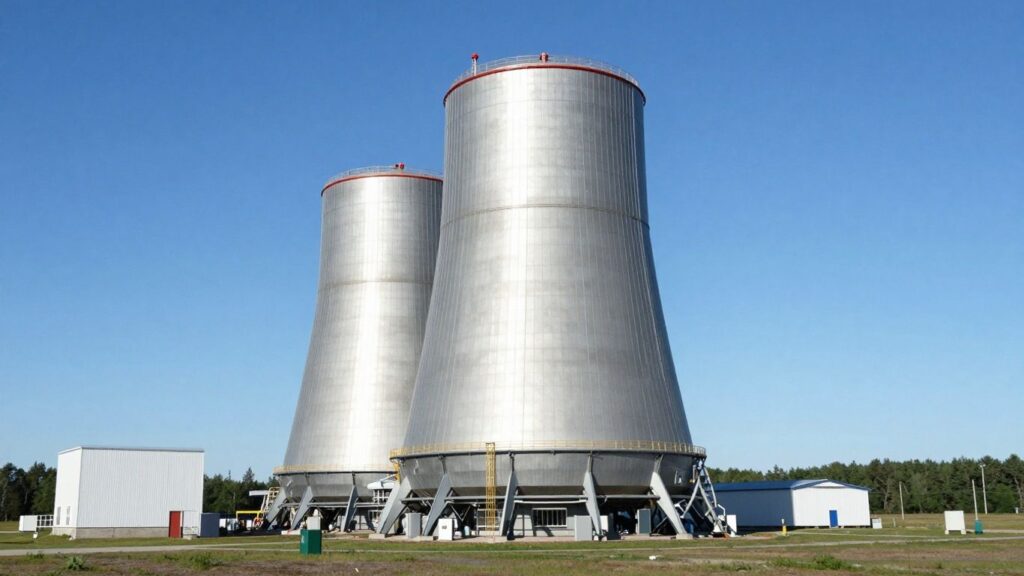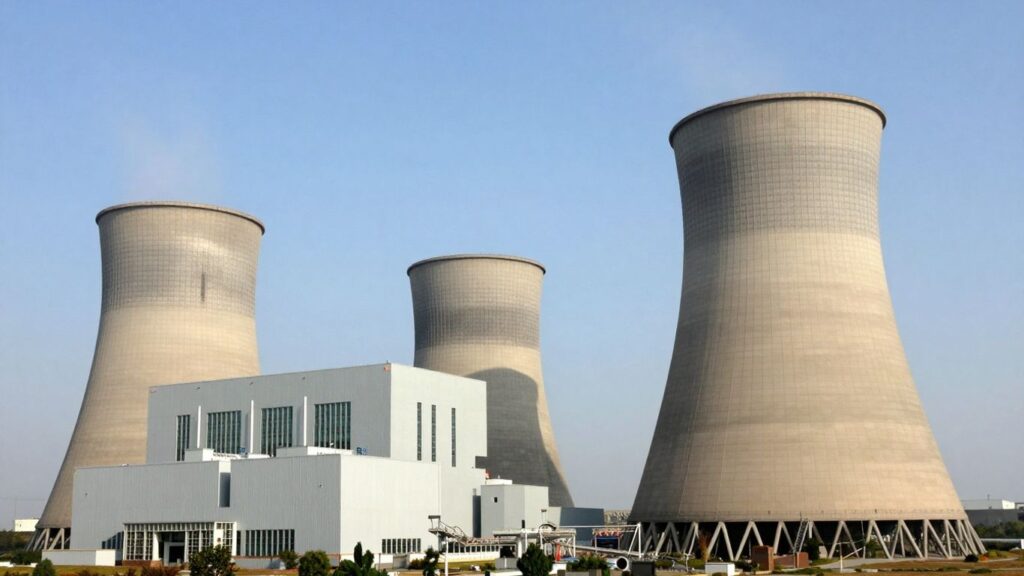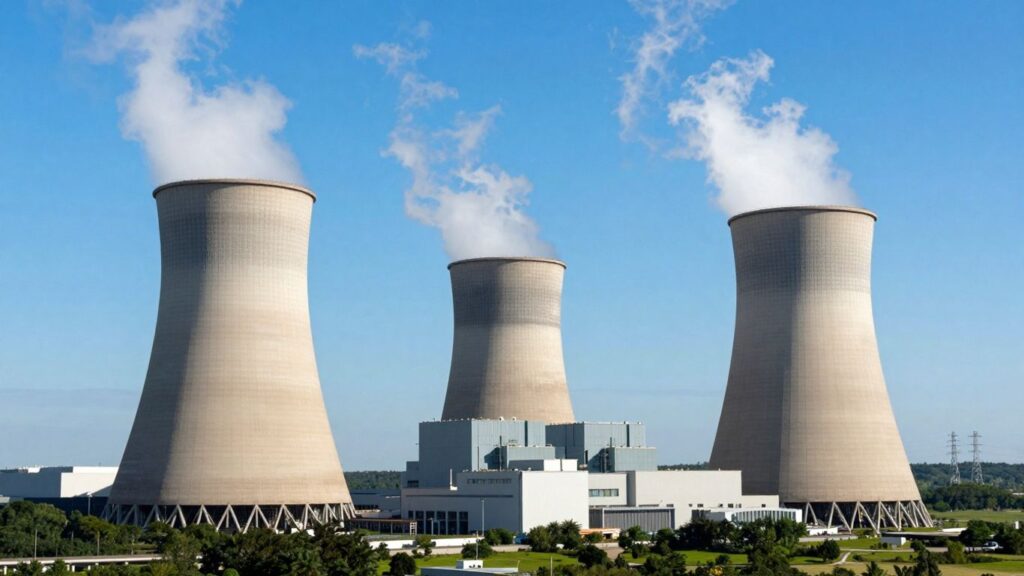MARVEL’s innovative microreactor project has successfully completed crucial testing of its advanced coolant system. This significant milestone brings the development of this compact, next-generation nuclear energy solution closer to reality. The successful tests validate the system’s ability to efficiently manage heat, a critical factor for the safe and reliable operation of any nuclear reactor.
Key Takeaways
- MARVEL microreactor’s coolant system testing is complete.
- The project is a step closer to operational deployment.
- The testing focused on heat management and system efficiency.
MARVEL Project Advances with Coolant System Success
The Microreactor Advanced Demonstration Reactor (MARVEL) project, a collaborative effort aimed at developing a compact and deployable nuclear reactor, has achieved a major milestone with the successful completion of its coolant system testing. This phase of testing is vital for ensuring the reactor’s ability to safely and effectively manage the intense heat generated during operation.
Significance of the Coolant System Testing
The coolant system is the lifeblood of any nuclear reactor, responsible for transferring heat away from the core and preventing overheating. For a microreactor like MARVEL, designed for potential deployment in diverse and potentially remote locations, the reliability and efficiency of its coolant system are paramount. The successful completion of these tests indicates that the system performs as designed, meeting stringent safety and performance benchmarks.
What’s Next for MARVEL?
With the coolant system testing successfully concluded, the MARVEL project will move forward to subsequent stages of development and testing. This includes integrating the validated coolant system with other reactor components and preparing for further operational trials. The project’s progress signifies a step forward in the pursuit of advanced nuclear energy solutions that could offer clean, reliable power for various applications, including national defense and remote communities.












